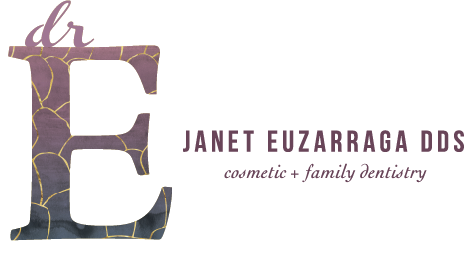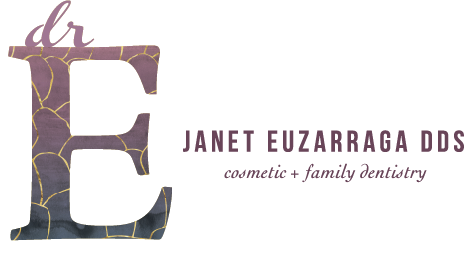Did you know that mouth breathing can negatively impact your dental health?
“A healthy mind has an easy breath.”
“Breath is the link between mind and body.”
“Just Breathe!”
Breathing is one of life’s most natural acts. We often aren’t fully aware of each breath we take but did you know that the way you breathe can have an impact on your oral health and how you breathe can also be indicative of your overall health?
The Dr. E Cosmetic & Family Dentistry team wants to help you breathe easier (and smile more brightly!) by making you aware of these facts about breathing and dental health…
Which is Better? Mouth Breathing or Nose Breathing
The majority of people breathe through their noses rather than their mouths. Nose breathing is healthier than mouth breathing because breathing through your nose helps filter out dust and other allergens while simultaneously boosting oxygen consumption. Conversely, with mouth breathing you can use up too much saliva, drying out your mouth. This puts you at risk for issues like bad breath, tooth decay and gum inflammation. Chronic mouth breathing can even lead to concerns such as speech impediments and jaw pain.
What Causes Mouth Breathing?
Some health issues can impede nose breathing, making you compensate by breathing through your mouth. Here are some of the most common underlying causes that result in mouth breathing vs. nose breathing:
- Chronic allergies
- Frequent colds and/or ear and sinus infections
- Asthma and respiratory issues
- Inflamed or enlarged tonsils
- Small nostrils or a deviated septum
- Abnormalities such as cysts or polyps affecting your airway
- Cleft lip or palate
How Can I tell if I’m a Mouth Breather?
Good question… and it is especially hard to tell if you are breathing through your mouth while you are asleep! However, waking up with dry lips due to using up an abundance of saliva is one indication of mouth breathing. Other clues include snoring and/or sleep apnea, bad breath and chronic nasal congestion. If you have been experiencing one or more of these symptoms, it’s a good idea to communicate this to your dentist during your next visit. That’s right… a visit to the dentist can also reveal whether or not mouth breathing is putting your dental health at risk!
How Can Mouth Breathing Be Corrected?
The key to transitioning from mouth breathing to nose breathing is to identify the underlying health issues causing you to compensate by mouth breathing. This may include consultation with multiple doctors, including your dentist, your primary doctor and perhaps an allergist or ENT physician. Depending on the root cause, your doctor(s) may recommend sinus or allergy treatments or perhaps even removal of tonsils or surgery to correct a deviated septum.
However, there are also some natural techniques that can be used to facilitate nose breathing. Some methods that have proven to be effective include:
- Mindful breathing exercises that enhance lung function such as alternate nostril breathing or belly breathing.
- Exercising regularly is great for your overall health but it also improves your breathing by activating the blood vessels in your nasal cavity. In addition, exercise contributes to weight loss which reduces snoring (aka mouth breathing)!
- Placing your tongue on the roof of your mouth with the tip resting against your teeth can promote nose breathing. Try it!
- Giving yourself subtle cues throughout the day to pay attention to your breathing can be quite effective. Find a system that works for you – whether it is setting a few reminders on your phone, leaving yourself notes around the house or placing something symbolic on your desk that cues you to be mindful of your breathing.
Now that you know that the way you breathe can impact your oral (and overall) health, don’t take each breath for granted! Be sure to visit your dentist if you think mouth breathing is contributing to bad breath, dry mouth, gum disease or any other oral health concerns.
You and your family can breathe easier knowing that the Dr. E Cosmetic & Family Dentistry team is always available to help identify and treat health issues that impact your dental health. Contact the office today!
480-494-2435


